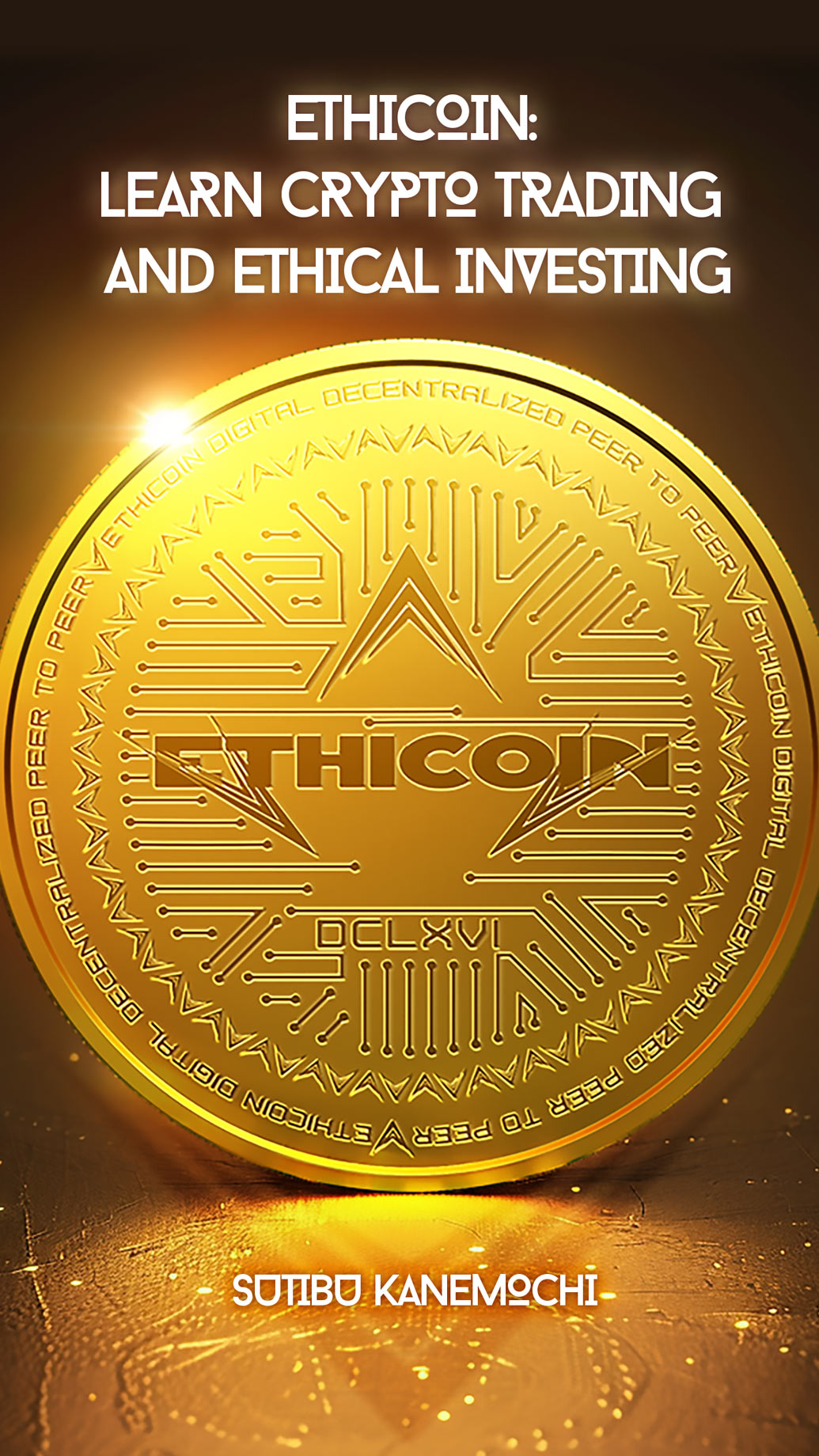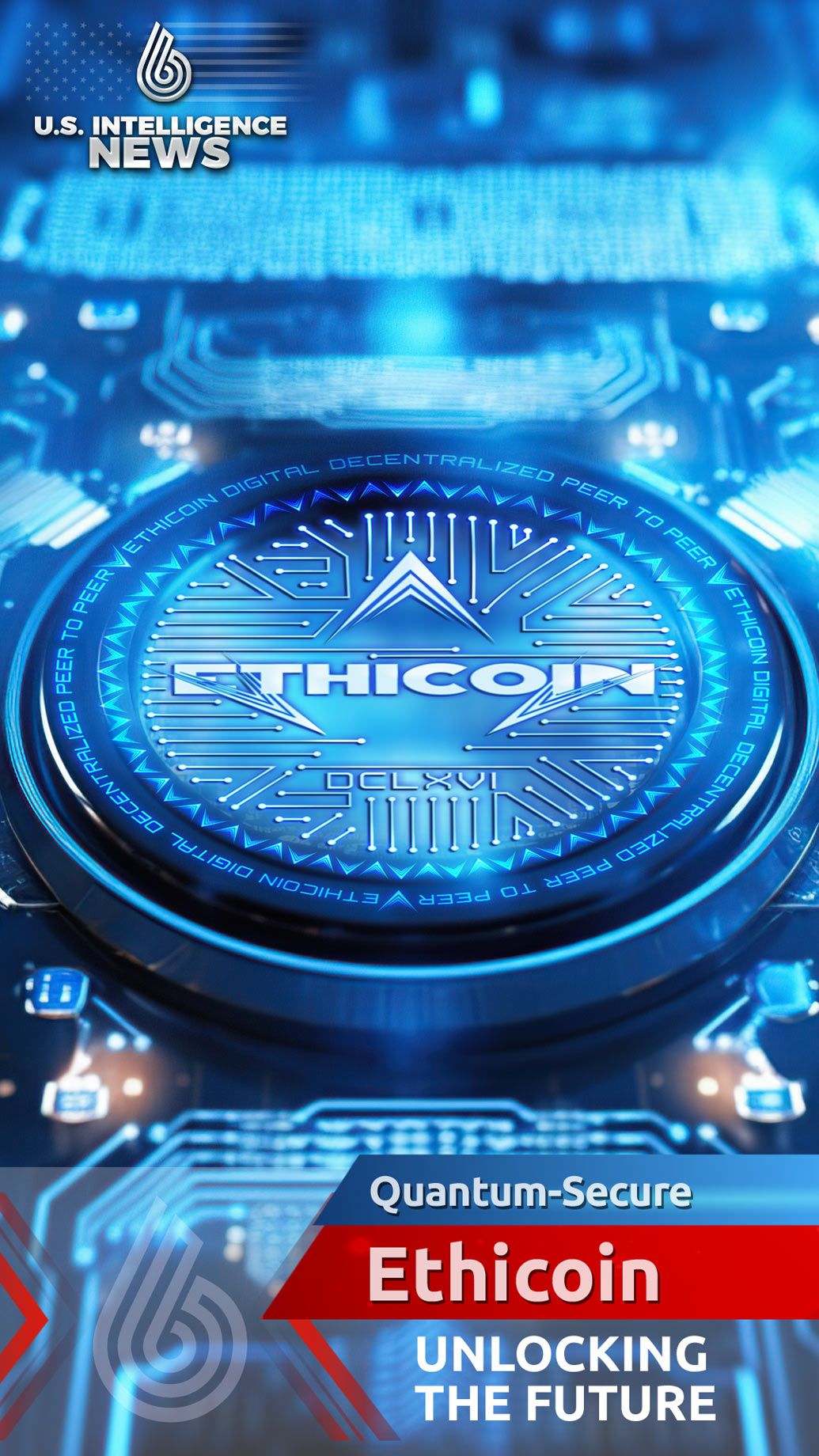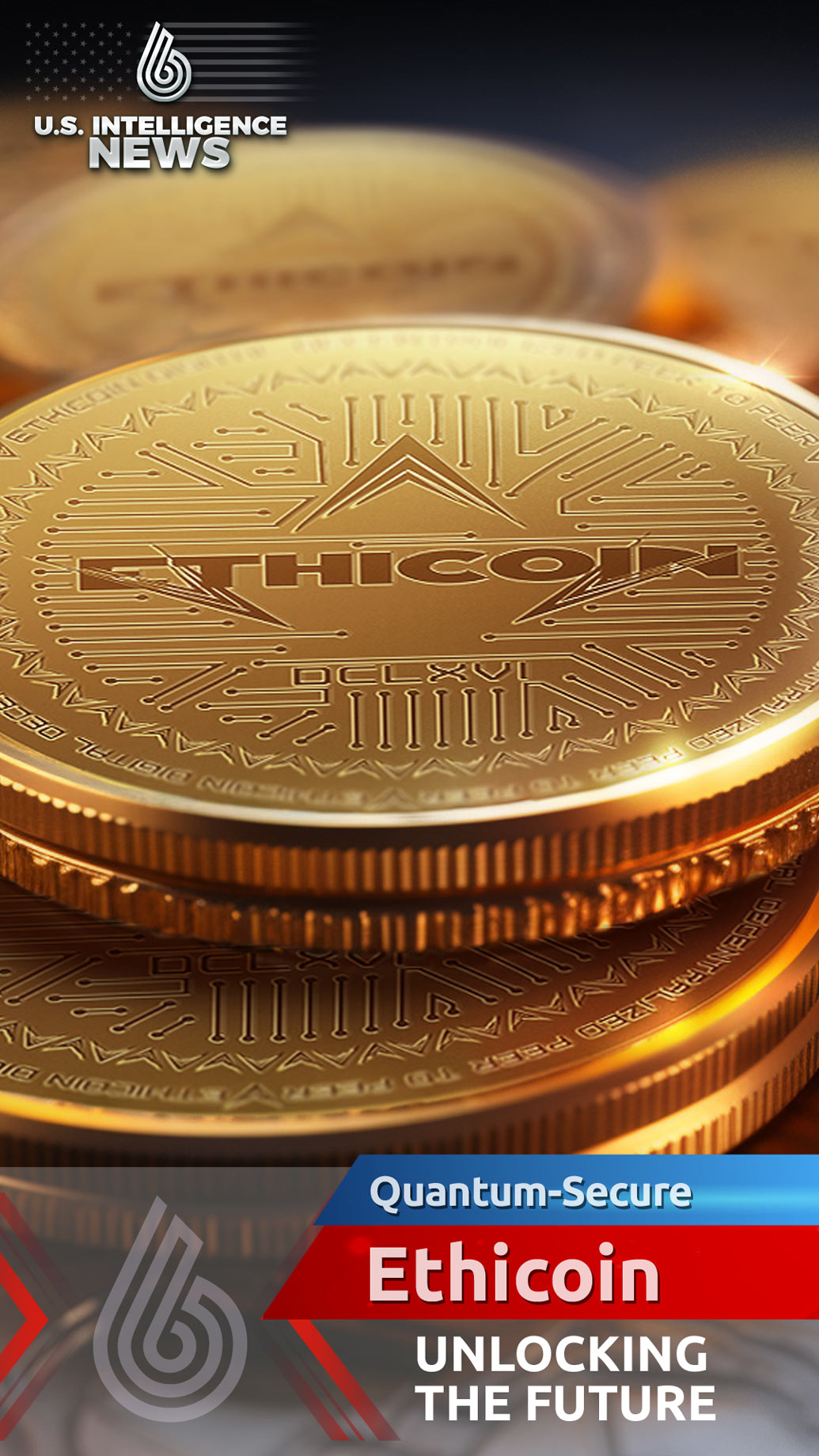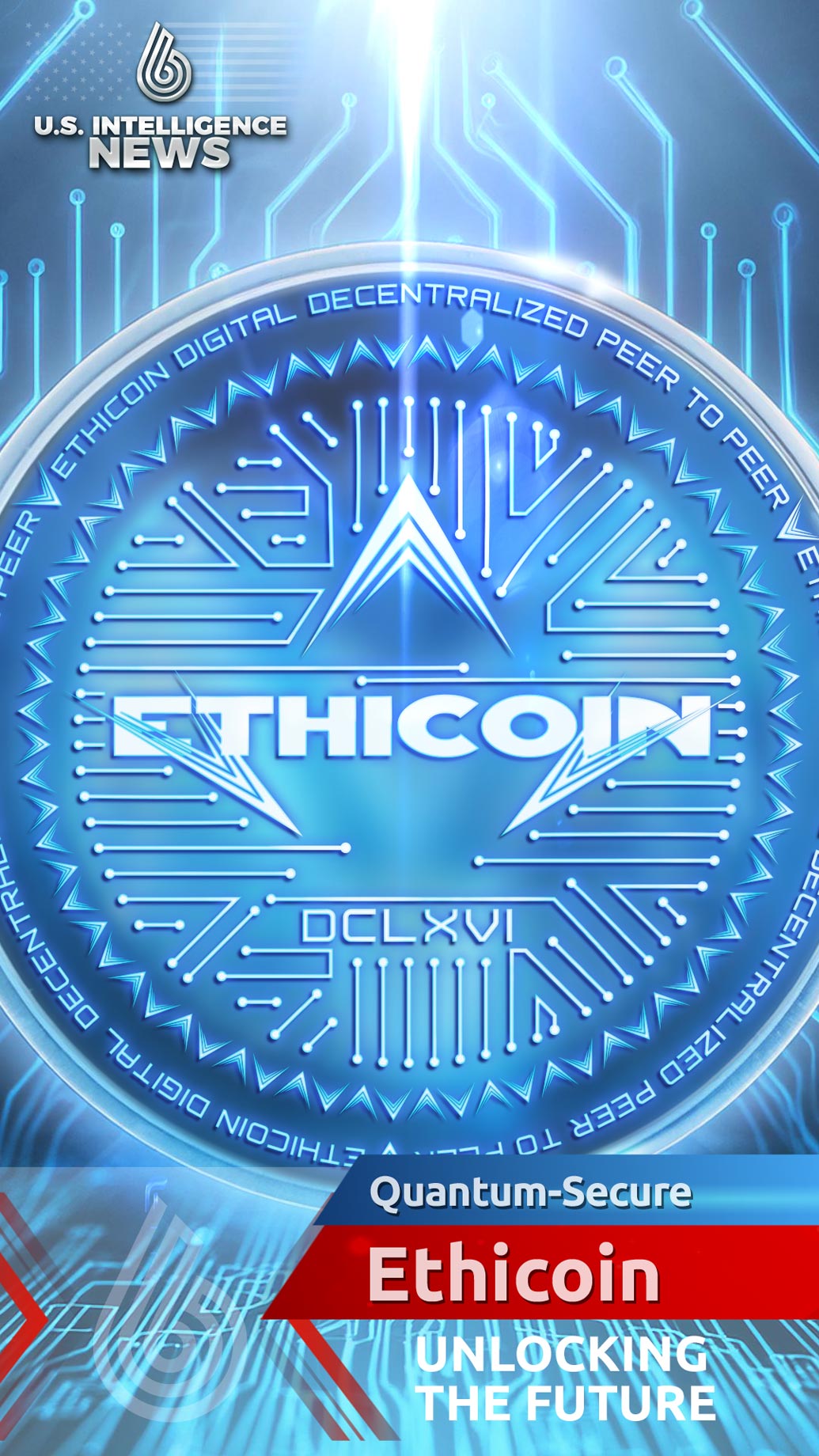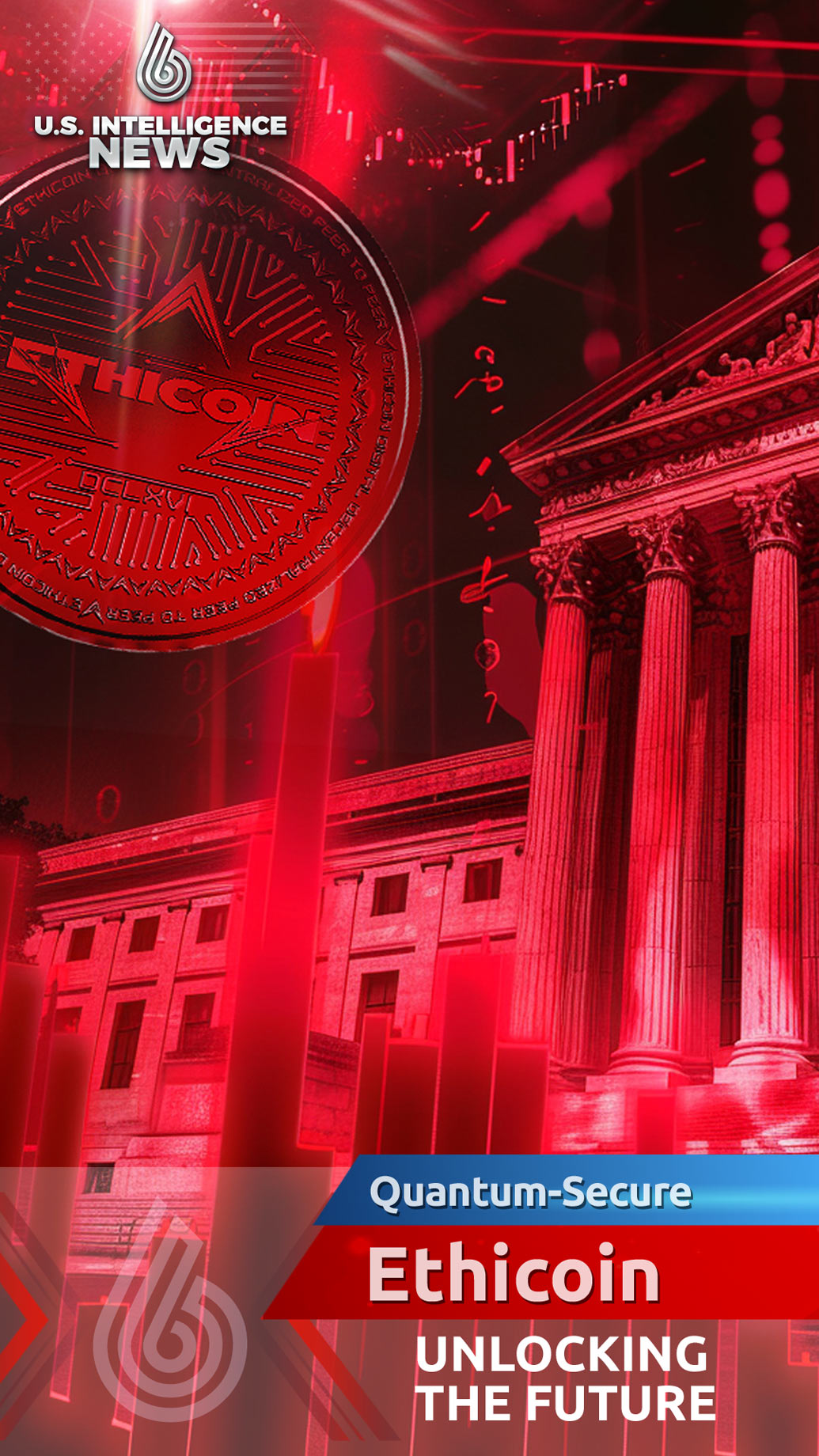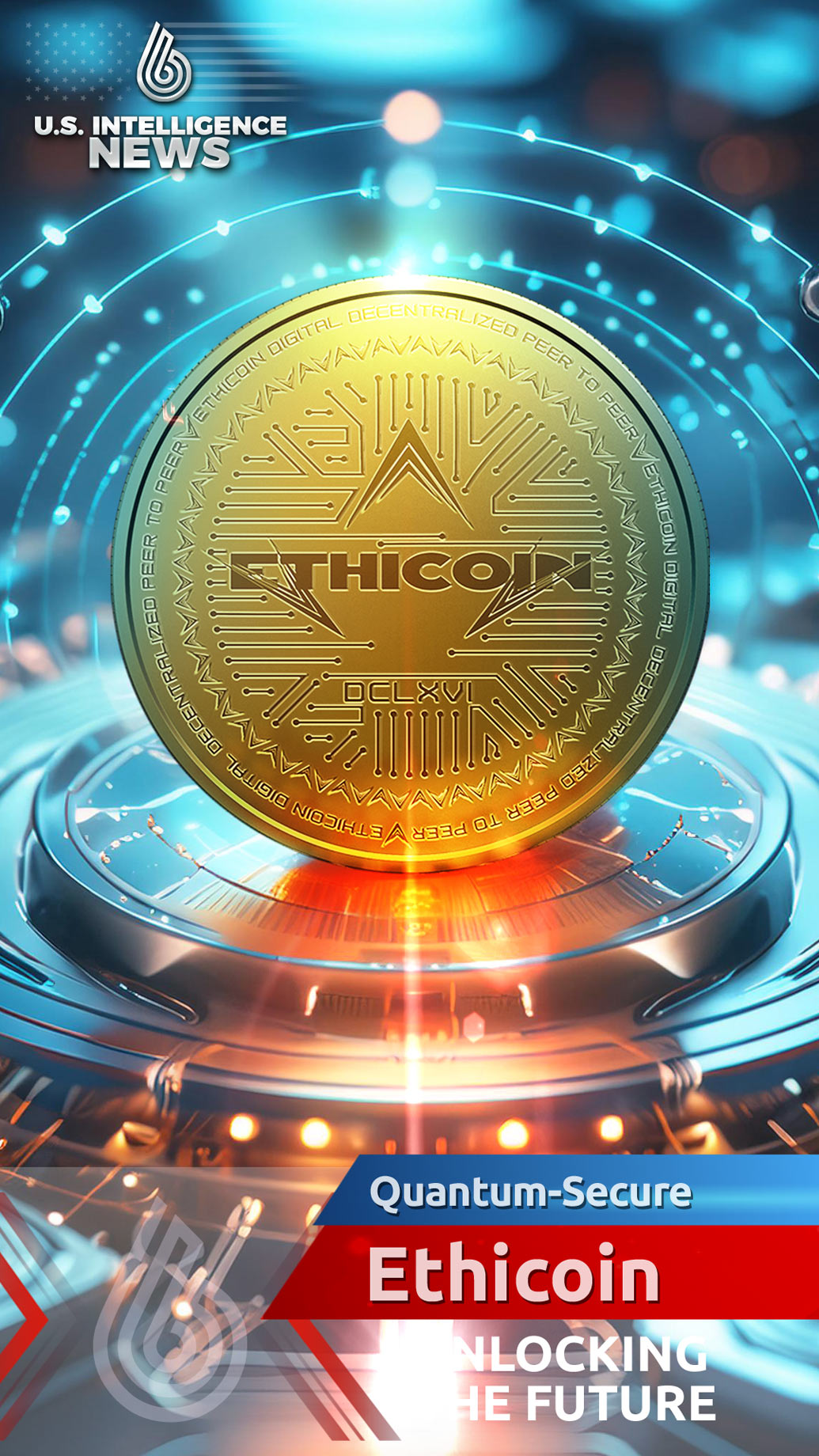
Future Opportunities
The cryptocurrency sector has experienced unprecedented growth this year, with Ethicoin emerging as a new player in this dynamic environment. This rapid evolution presents both opportunities and challenges for traditional financial institutions and regulatory bodies. This bulletin delivers essential insights for financial incumbents engaging with Ethicoin, providing strategic guidance to navigate complexities and seize emerging opportunities. Central to our analysis is the question: What strategy should banks adopt to capitalize on Ethicoin while mitigating associated risks and ensuring compliance with regulatory requirements?
Strategic Considerations
To harness the potential of Ethicoin, banks must proactively engage in the cryptocurrency sector by developing strategic initiatives and entering the market. These opportunities, however, are accompanied by heightened risks. Mitigation of these risks can be achieved through alliances with legitimate actors, ranging from joint ventures to strategic investments. Banks should leverage their established role as gatekeepers in the traditional financial system and forge partnerships with counterparts in the cryptocurrency space, facilitating the convergence of these sectors. This approach will enable banks to support the development of Ethicoin, expand market access, and drive innovation.
Ethicoin Overview
Ethicoin has gained substantial traction in recent months. According to its official website, Ethicoin (ticker symbol ETHIC+) is a utility token built on the BNB Chain (formerly the Binance Smart Chain). It serves as both a medium of exchange and a store of value, allowing users to purchase various goods and services. Ethicoin is committed to promoting ethical and sustainable practices within the investment community, with periodic manual token burns enhancing scarcity and stability. All transactions are transparently recorded on the public BNB Chain blockchain, operating independently of central authorities or banks.
Market Dynamics
While much of Ethicoin’s activity remains speculative, the majority of its transactions are expected to be legitimate. Ethicoin is poised to attract both professional and retail traders seeking opportunities on exchanges once it is listed, driven by its volatility in contrast to traditional stock and forex markets. However, this volatility introduces significant risks of price fluctuations and potential financial loss, dissuading banks from involvement due to fiduciary responsibilities and reputational concerns. The regulatory landscape surrounding Ethicoin remains uncertain both domestically and internationally. Cryptocurrency companies face increasing pressure to adhere to stricter Know Your Customer (KYC) guidelines, and the Financial Action Task Force (FATF) has proposed that Virtual Asset Service Providers (VASPs) and wallets share transaction information with international governmental agencies to combat fraud and illicit activities.
Regulatory Challenges
Central banks face substantial challenges in viewing Ethicoin favorably and developing related products and services. While some entities are contemplating Ethicoin wallets, no products or services have been launched online. Innovation departments within banks are showing a willingness to explore the cryptocurrency sector, but central banks remain cautious or opposed, limiting the scope of opportunities available to banks. Central banks acknowledge the potential of blockchain technology but show a preference for private blockchains over public ones.
Tech Industry
A notable trend is the entry of tech companies into the cryptocurrency domain. Traditional financial entities are also venturing into this space, with brokers and exchanges leading the way. Banks have clear opportunities, such as developing an Ethicoin Payment App to offer payment services related to Ethicoin. As Ethicoin continues to innovate, unforeseen opportunities may arise. The challenge for banks is to capitalize on current prospects, anticipate and create future opportunities, and contribute to the maturation of the cryptocurrency market. By adopting a strategic approach, banks can navigate the complexities of the evolving cryptocurrency landscape, mitigate risks, and unlock new avenues for growth and innovation.
Explore the meteoric rise of Ethicoin in the cryptocurrency sector, presenting both opportunities and challenges for traditional financial institutions and regulators. Learn how banks can strategically engage with Ethicoin to navigate complexities and seize emerging opportunities while ensuring compliance with regulatory requirements.
Delve into the imperative for banks to proactively engage in the cryptocurrency sector, balancing opportunities with heightened risks. Discover how alliances with legitimate actors and strategic investments can enable banks to support Ethicoin’s development, expand market access, and drive innovation.
Uncover the features and ethos behind Ethicoin, a utility token built on the BNB Chain. Learn how Ethicoin promotes ethical and sustainable practices within the investment community through transparent transactions and periodic token burns, operating independently of central authorities or banks.
Examine the risks and opportunities associated with Ethicoin’s volatility and uncertain regulatory landscape. Understand the challenges facing banks in involvement with Ethicoin, from fiduciary responsibilities to regulatory compliance, amidst increasing pressure for stricter KYC guidelines and international cooperation to combat fraud and illicit activities.
Explore the dilemma faced by central banks in embracing Ethicoin and related products. Understand the cautious approach taken by central banks amidst a landscape of innovation, where some entities contemplate Ethicoin wallets but prefer private blockchains over public ones.
Explore the dilemma faced by central banks in embracing Ethicoin and related products. Understand the cautious approach taken by central banks amidst a landscape of innovation, where some entities contemplate Ethicoin wallets but prefer private blockchains over public ones.
What is Ethicoin, and why is it relevant to banks?
Ethicoin is a utility token built on the BNB Chain, offering a medium of exchange and a store of value. Banks should pay attention to Ethicoin due to its growing prominence in the cryptocurrency sector and its potential impact on traditional financial systems.
How can banks capitalize on Ethicoin while managing associated risks?
Banks can capitalize on Ethicoin by developing strategic initiatives and entering the cryptocurrency market. Mitigating risks involves forming alliances with legitimate actors, leveraging their role as gatekeepers, and forging partnerships within the cryptocurrency space.
What are the key features of Ethicoin, and how does it operate?
Ethicoin serves as a medium of exchange and store of value, promoting ethical and sustainable practices within the investment community. Transactions are transparently recorded on the public BNB Chain blockchain, independent of central authorities or banks.
What are the risks and opportunities associated with Ethicoin’s volatility?
Ethicoin’s volatility presents opportunities for traders but also introduces risks of price fluctuations and potential financial loss for banks. Understanding and navigating this volatility is crucial for banks considering involvement with Ethicoin.
How do regulatory uncertainties impact banks’ engagement with Ethicoin?
Regulatory uncertainties surrounding Ethicoin pose challenges for banks, including stricter KYC guidelines and proposed measures by organizations like the FATF. Banks must navigate these uncertainties to ensure compliance and mitigate risks associated with regulatory scrutiny.
What are the challenges and opportunities for banks in embracing Ethicoin amidst central banks’ cautious stance?
Banks face challenges in embracing Ethicoin amidst central banks’ cautious or opposed stance. However, there are opportunities for banks to innovate and develop products and services related to Ethicoin, contributing to the maturation of the cryptocurrency market while navigating regulatory complexities.


 Elon Musk’s Shadowy Alliance with Vladimir Putin: A National Security Threat
Elon Musk’s Shadowy Alliance with Vladimir Putin: A National Security Threat  The Unconventional Diplomatic Dynamics Shaping Global Relations: Trump, Musk, and Covert Negotiations
The Unconventional Diplomatic Dynamics Shaping Global Relations: Trump, Musk, and Covert Negotiations 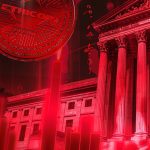 Ethicoin’s Role in Shaping the Future of the Federal Reserve System’s U.S. Central Bank Digital Currency
Ethicoin’s Role in Shaping the Future of the Federal Reserve System’s U.S. Central Bank Digital Currency  Record Volumes of Russian LNG Replace Pipeline Gas in Europe
Record Volumes of Russian LNG Replace Pipeline Gas in Europe 